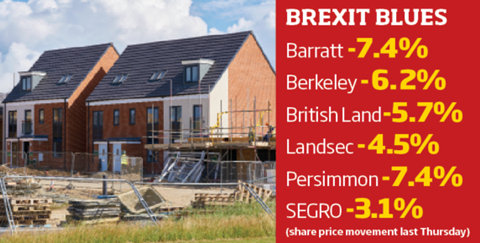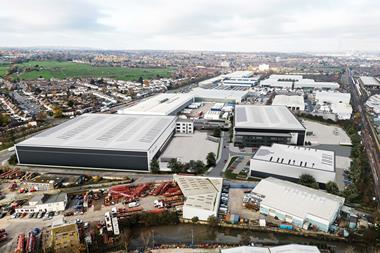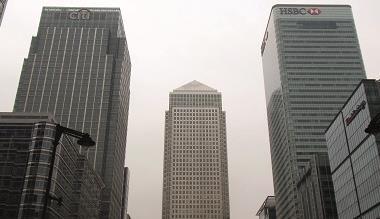Addressing the CBI Conference on Monday was one of Theresa May’s easier tasks of late. The prime minister got a warm reception from business leaders, who prefer her Brexit deal to the alternative. As the CBI’s director-general Carolyn Fairbairn said: “It isn’t perfect but it takes the cliff edge off the table.”

Winning over Parliament and securing the backing of all EU countries for the withdrawal agreement will prove a far harder task.
In his speech to the CBI, Jeremy Corbyn laid into May’s deal, labelling it a “blindfold Brexit”, and argued that Labour would secure a much better 11th-hour deal. Quite how, he failed to explain.
The upshot of the events of the past week is that the prospect of a no-deal, or “disorderly”, Brexit, as Liberum’s David Brockton put it, is growing. A paper published this week by Capital Economics estimated that there was now a 50:50 chance of the UK leaving the EU without a deal.
Investors in property shares are certainly spooked. Last week, housebuilder share prices suffered their worst week since the EU referendum as £3bn was wiped off the value of the sector and many UK REITs also took a hit, particularly those with exposure to the London office market.

It is difficult to see many, if any, upsides in a no-deal Brexit, although inadvertently, Fairbairn touched on one in her speech, when she said that due to Brexit-related stockpiling, “warehousing was now in very short supply” – meaning industrial landlords are sitting pretty.
However, those in the industry hoping that a no-deal Brexit would at least lead to another sharp fall in the value of sterling, piquing the interest of foreign investors, could end up disappointed. Capital Economics said “we doubt sterling would fall much further than it already has”.
How well positioned we are to withstand another downturn is unclear. The UK property market is far less indebted than it was before the financial crisis and many investors have plenty of ‘dry powder’ ready and waiting to invest if values go south.
However, in the wider economy there are some worrying signs. For one, there is growing concern about the boom in leveraged loans – floating-rate loans made to heavily indebted companies – which the Bank of England last month compared to the growth of subprime mortgages in 2006. Let’s just hope a no-deal Brexit is averted and the resilience of UK property isn’t put to the test.
Croydon massive
Amid the political and Brexit mayhem, it was refreshing to attend the Develop Croydon conference this Tuesday and hear how a progressive council is working with – rather than against – the industry to deliver new homes, offices and retail in the Greater London borough.
The consensus during a panel debate, chaired by Property Week editor Liz Hamson, was that as an office location, Croydon was close to a tipping point – especially if it could encourage a company of the scale of former occupier Nestlé to take up residence.
Later, council chief executive Jo Negrini said that in other sectors, it had already reached that point. “The change that has taken place in this borough is really mind-blowing,” she said. “Things are happening. You will be lucky if you can get a foothold.”
Property Week, of course, was an early mover. We’ve always liked to think of ourselves as trailblazers…





























No comments yet